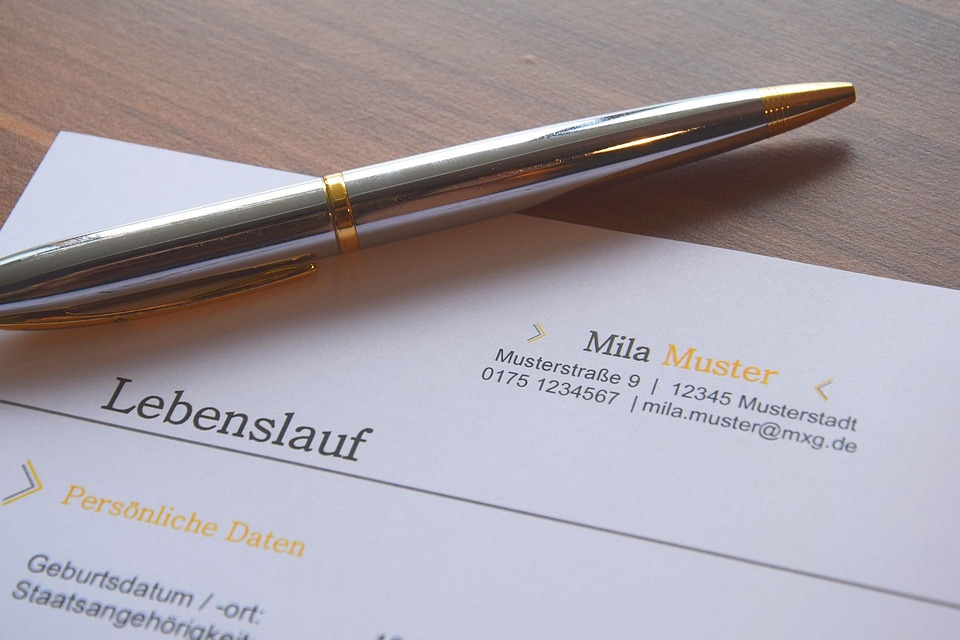In a fast-paced world where stress and anxiety seem to be constantly on the rise, many people are turning to mindfulness as a way to find peace, balance, and personal growth. Mindfulness, rooted in ancient Buddhist traditions, has gained popularity in recent years as a powerful tool for improving mental health, increasing focus, and enhancing overall well-being. In this article, we will explore the concept of mindfulness, its benefits, and how it can be integrated into daily life to foster personal growth and well-being.
Understanding Mindfulness
Mindfulness can be defined as the practice of being fully present and aware of one’s thoughts, feelings, bodily sensations, and surroundings without judgment. It involves paying attention to the present moment with curiosity and kindness, rather than dwelling on the past or worrying about the future. Mindfulness is often cultivated through meditation, but it can also be practiced in everyday activities such as eating, walking, or even washing dishes.
The Benefits of Mindfulness
The practice of mindfulness has been shown to have a wide range of benefits for mental, emotional, and physical well-being. Research has found that regular mindfulness practice can:
- Reduce stress and anxiety levels
- Improve focus and concentration
- Enhance emotional regulation and resilience
- Promote greater self-awareness and self-compassion
- Boost overall happiness and life satisfaction
Integrating Mindfulness Into Daily Life
While meditation is often seen as the cornerstone of mindfulness practice, there are many other ways to incorporate mindfulness into daily life. Here are some practical tips for integrating mindfulness into your everyday routine:
- Start your day with a few minutes of mindful breathing or stretching
- Take regular mindfulness breaks throughout the day to check in with yourself
- Practice mindful eating by savoring each bite and paying attention to hunger cues
- Engage in mindful communication by listening actively and speaking consciously
- End your day with a brief reflection on moments of gratitude or joy
Case Studies: The Impact of Mindfulness on Personal Growth
There are countless stories of individuals who have experienced profound personal growth and transformation through the practice of mindfulness. One such example is that of Jon Kabat-Zinn, a pioneer in the field of mindfulness-based stress reduction. Through his work, Kabat-Zinn has helped thousands of people find relief from chronic pain, anxiety, and other forms of suffering by teaching them how to cultivate mindfulness in their everyday lives.
Another inspiring story is that of Oprah Winfrey, who credits mindfulness practice with helping her overcome challenges and achieve success in both her personal and professional life. By integrating mindfulness techniques into her daily routine, Winfrey has developed greater clarity, resilience, and compassion, enabling her to navigate life’s ups and downs with grace and wisdom.
Conclusion
In conclusion, mindfulness is a powerful practice that can bring about profound personal growth and well-being. By cultivating awareness, presence, and compassion in our daily lives, we can reduce stress, increase focus, and enhance overall life satisfaction. Whether through meditation, mindful movement, or simple acts of mindfulness throughout the day, integrating this practice into our routines can have far-reaching benefits for our mental, emotional, and physical health. So why not give it a try and see how mindfulness can transform your life for the better?
